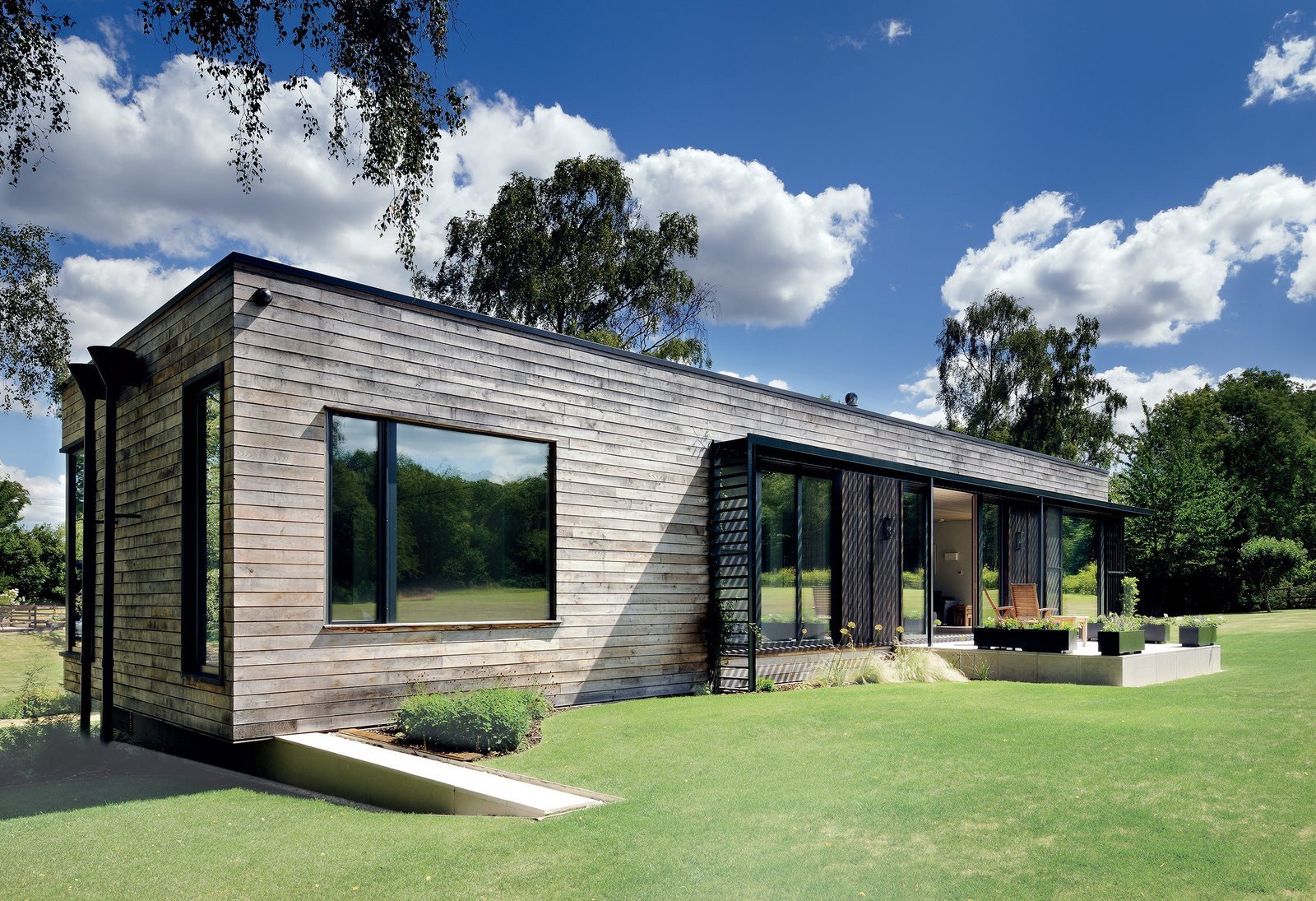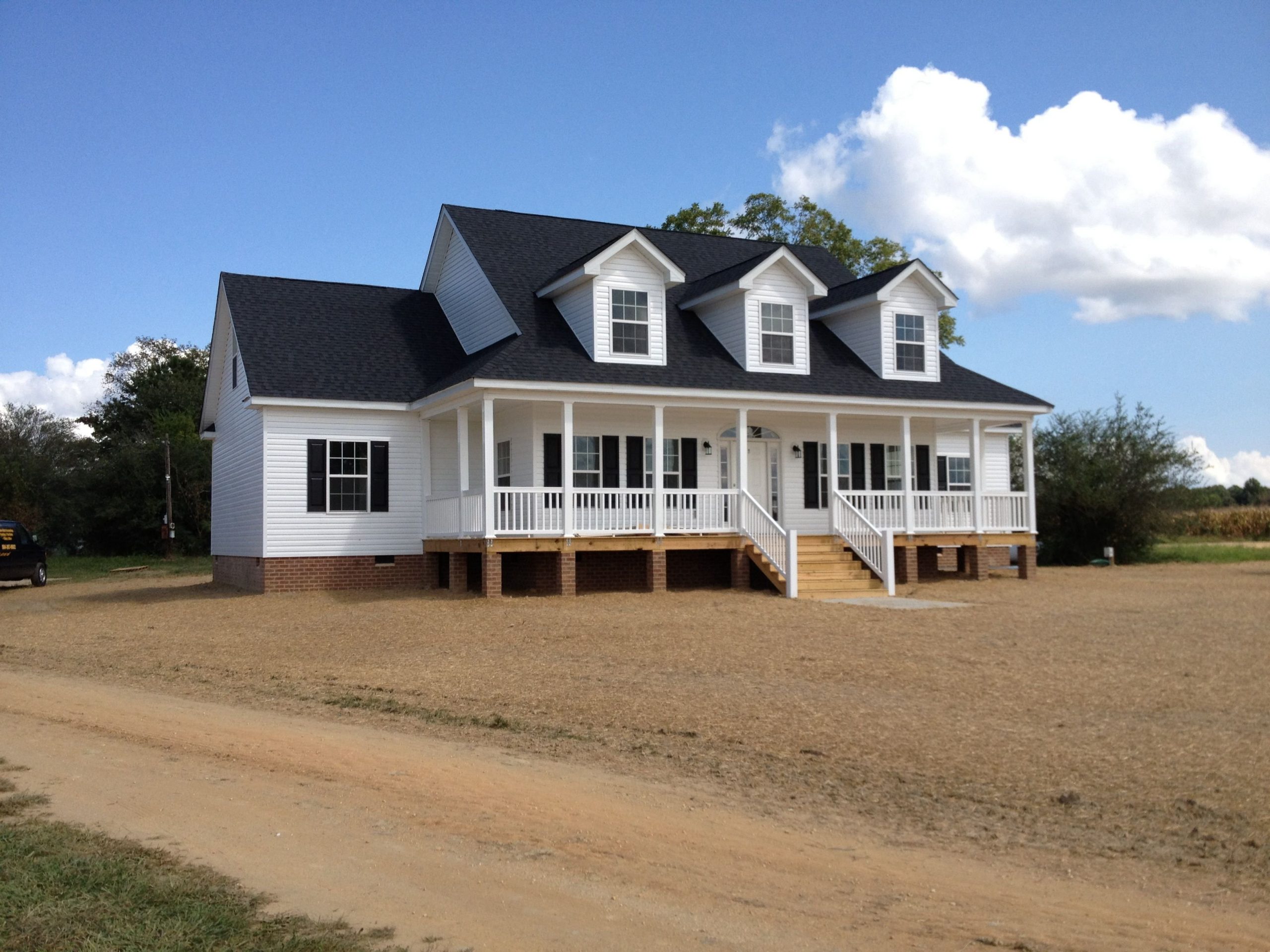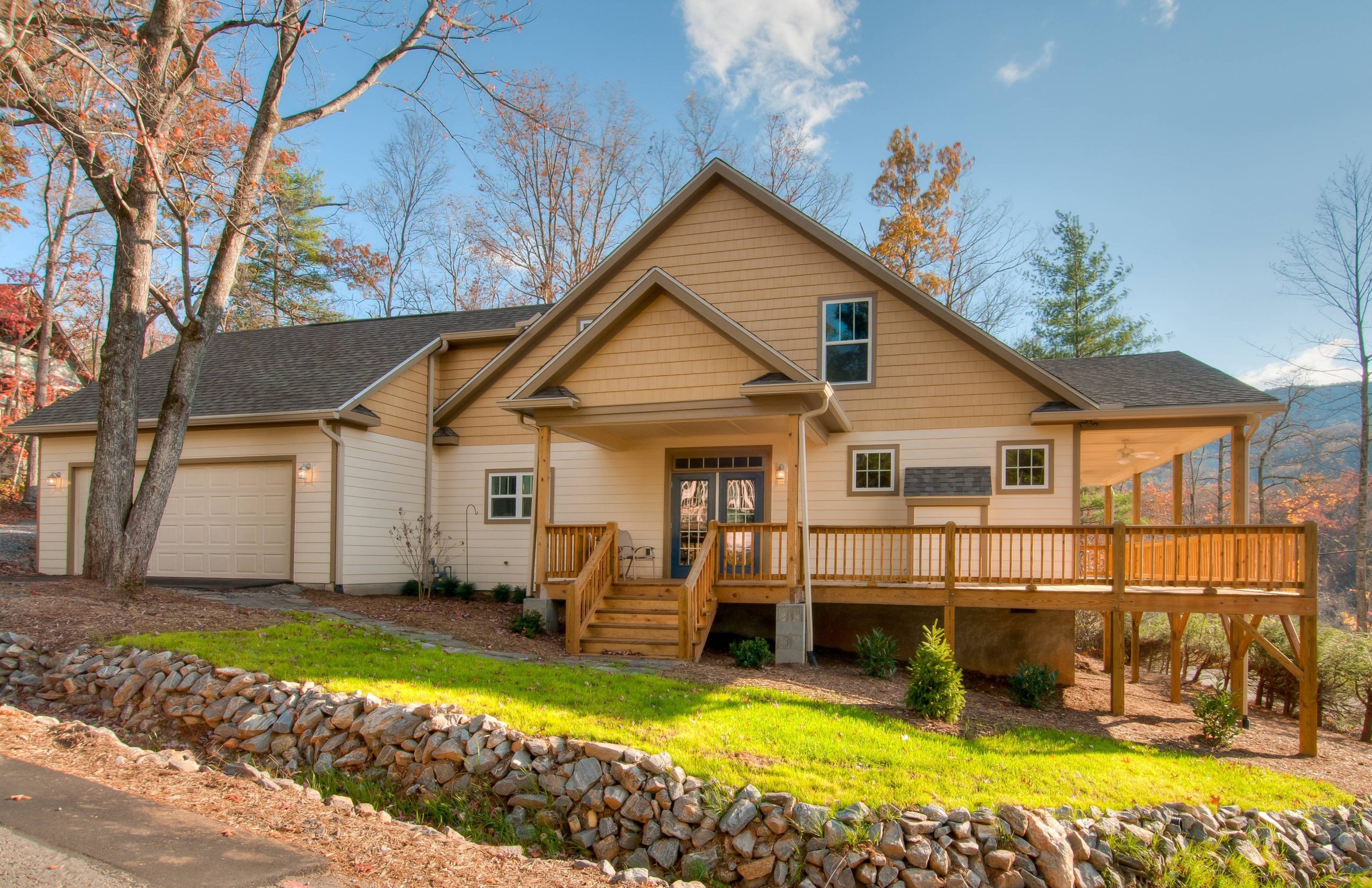In the world of construction, the debate between modular and site-built homes has been a topic of discussion. Are modular homes considered site built? To unravel the nuances of this topic, let’s delve into the distinctive characteristics and construction methodologies of each approach, exploring their unique advantages and potential trade-offs in the realm of housing. In this article, [Are Modular Homes Considered Site Built: Unraveling the Construction Nuances], we will navigate the intricacies of these two construction methods, guiding you towards a clearer understanding.
Key Takeaways:
- Modular homes are distinct from site-built homes.
- Modular homes are constructed in a factory and assembled on-site from prefabricated modules.
- Unlike modular homes, site-built homes are constructed entirely on the building site.
- Modular homes are placed on a permanent foundation.
- Manufactured homes, which are built in a factory and transported as a single unit, should not be mistaken for modular homes.
Are Modular Homes Considered Site Built?

Modular homes are gaining popularity as a viable alternative to traditional site-built homes. But the question remains: are modular homes considered site built?
Let’s dive into the differences to clear up any confusion:
Modular Homes vs Site-Built Homes
- Construction: Modular homes are constructed off-site in a factory, while site-built homes are assembled on-site.
- Transportation: Modular homes are transported to the site in large sections called modules, while site-built homes are built from scratch on the property.
- Foundation: Both modular and site-built homes are permanently placed on a foundation.
So, to answer the question directly: no, modular homes are not considered site-built homes.
Modular homes are constructed in a controlled factory environment, which offers advantages such as faster build times, less waste, and more precise construction. They are then transported to the site and assembled on the prepared foundation.
Key Differences Table
| Feature | Modular Homes | Site-Built Homes |
|---|---|---|
| Construction Location | Off-site factory | On-site |
| Assembly | In large modules | Built from scratch |
| Flexibility | Limited by module sizes | Customizable designs |
| Time to Completion | Typically faster | Slower |
| Weather Impact | Less affected | More susceptible to delays |
Understanding these distinctions is crucial when comparing modular and site-built homes. Modular homes offer unique advantages, but their construction process differs significantly from traditional on-site construction.
You must be curious if they are modular homes as good as stick built homes? We got you covered. Looking for a detailed comparison between modular homes and stick built? Learn why so many buyers choose modular over traditional stick-built homes.
Key Differences Between Site-Built and Modular Homes
Site-Built Homes:
- Constructed directly on the land, requiring more time and labor.
- Offer greater customization, allowing for unique designs and tailored features.
- Can be more expensive due to increased material and labor costs.
- Typically appreciate faster, making them a more valuable investment.
Modular Homes:
- Built in sections in a factory and assembled on-site, reducing construction time.
- Offer limited customization options due to pre-designed modules.
- Tend to be more affordable compared to site-built homes, thanks to efficient factory production.
- May have lower appreciation rates due to their perceived “manufactured” nature.
Key Takeaways:
- Construction Process: Modular homes are factory-built, while Site-Built homes are constructed on-site.
- Customizability: Site-Built homes provide more flexibility, while Modular homes have limitations.
- Cost: Modular homes are generally more budget-friendly than Site-Built homes.
- Quality: Both types can meet building codes, with quality varying based on builder.
- Appreciation: Site-Built homes tend to appreciate more than Modular homes.
Sources:
- Modular vs. Stick Built Homes: A Comprehensive Comparison
- What Is a Modular Home? Pros, Cons and Differences
Similarities between Site-Built and Modular Homes

Now that we understand the differences, let’s look at some striking Similarities between Site-Built and Modular Homes:
-
Foundation: Both site-built and modular homes rest on a solid foundation, anchoring them firmly to the ground.
-
Building Codes: Both types of homes must adhere to the same building codes, ensuring structural integrity and safety.
-
Appliances and Fixtures: Whether built on-site or in a factory, both types can be equipped with the latest appliances and fixtures to meet your desired level of comfort and functionality.
-
Interior Finishes: Modular homes can offer a wide range of interior finishes to suit your personal style, mirroring the customization options available in site-built homes.
-
Energy Efficiency: Both site-built and modular homes can incorporate energy-efficient features, reducing your carbon footprint and utility bills.
-
Financing Options: Various financing options are available for both site-built and modular homes, making homeownership accessible to a diverse range of buyers.
Key Takeaways:
- Both site-built and modular homes are built on foundations.
- They adhere to the same building codes, ensuring structural safety.
- Both can be equipped with modern appliances and fixtures.
- They offer comparable interior finish options for personalization.
- Energy-efficient features are available for both types of homes.
- Financing options are available for both site-built and modular homes.
Relevant Sources:
- BuildingAdvisor: Modular vs. Site-Built Homes: What’s the Difference?
- Rocket Homes: Modular Homes vs. Site-Built Homes: Which One Is Right for You?
Making an Informed Choice: Understanding the Distinction between Modular and Site-Built Homes
Key Takeaways:
- Construction Process: Modular homes are built in a factory and assembled on-site, while site-built homes are constructed entirely on the land.
- Customizability: Site-built homes offer more flexibility for customization, while modular homes have some limitations due to factory-built modules.
- Cost: Modular homes are generally less expensive than site-built homes due to efficiencies in factory production.
- Quality: Both modular and site-built homes can meet the same building codes and standards, with the quality dependent on the builder’s materials and workmanship.
- Appreciation: Site-built homes tend to appreciate faster than modular homes due to their perceived higher value.
Construction Nuances
Modular homes are constructed in sections within controlled factory environments, which allows for greater precision and efficiency in the building process. This results in faster construction times compared to site-built homes, which are erected on-site, subject to weather conditions and labor availability.
Customizability and Flexibility
Site-built homes offer a higher level of customization, as they are tailored to the specific preferences of the homeowner. Changes can be made to the design, layout, and materials to suit individual needs. Modular homes, while offering some customization options, are limited by the prefabricated modules produced in the factory.
Cost Considerations
Modular homes generally have lower construction costs than site-built homes due to reduced labor expenses. Factory production streamlines the process, minimizes waste, and allows for bulk purchasing of materials. Site-built homes require more labor and materials on-site, resulting in higher construction costs.
Quality and Durability
Both modular and site-built homes can meet the same building codes and safety standards. The quality of a home ultimately depends on the builder’s reputation, choice of materials, and adherence to construction practices.
Appreciation and Resale Value
Site-built homes tend to have a higher perceived value and appreciate faster than modular homes. This is due to the traditional stigma associated with manufactured homes and the perception that site-built homes are more unique and valuable.
Making an Informed Decision
To make an informed choice between a modular and site-built home, consider these key factors:
- Construction process: Do you prefer faster construction times and factory precision or greater on-site customization?
- Customizability: How important is the ability to tailor your home’s design to specific needs?
- Cost: Are cost savings a priority, or are you willing to invest in potential higher appreciation and resale value?
- Quality: Research reputable builders and compare materials and construction practices to ensure both options meet your quality expectations.
- Appreciation: Consider the potential appreciation rate and resale value of each type of home in your market.
By carefully weighing these factors, you can make an informed choice that aligns with your priorities and lifestyle.
Citations:
- Comparison Guide: Site-Built Vs. Modular Homes
- What Is a Modular Home? Pros, Cons, and Differences
FAQ
Q1: Are modular homes considered site-built?
A1: No, modular homes are not considered site-built homes. They are built in a factory and then assembled on-site, while site-built homes are constructed directly on the land.
Q2: What are the key differences between modular and site-built homes?
A2: Modular homes offer faster construction times and are typically less expensive than site-built homes. Site-built homes allow for greater customization and have a higher appreciation rate.
Q3: Are modular homes as high quality as site-built homes?
A3: Yes, modular homes can be built to meet the same building codes and standards as site-built homes. The quality of both types of homes depends on the builder and materials used.
Q4: Can I customize a modular home?
A4: Yes, modular homes offer some level of customization, but it is generally more limited compared to site-built homes. You can choose from different floor plans and select finishes and fixtures.
Q5: Are modular homes as valuable as site-built homes?
A5: Modular homes may not appreciate as quickly as site-built homes due to their perceived “manufactured” nature. However, they can still be a valuable investment, especially for those seeking affordability, speed, and convenience.
- Dora the Explorer Wipe-Off Fun: Safe & Mess-Free Activities for Little Explorers - April 18, 2025
- Does Lemongrass Repel Mosquitoes? Fact vs. Fiction + How to Use It - April 18, 2025
- Do Woodchucks Climb Trees?Fact vs. Fiction - April 18, 2025










